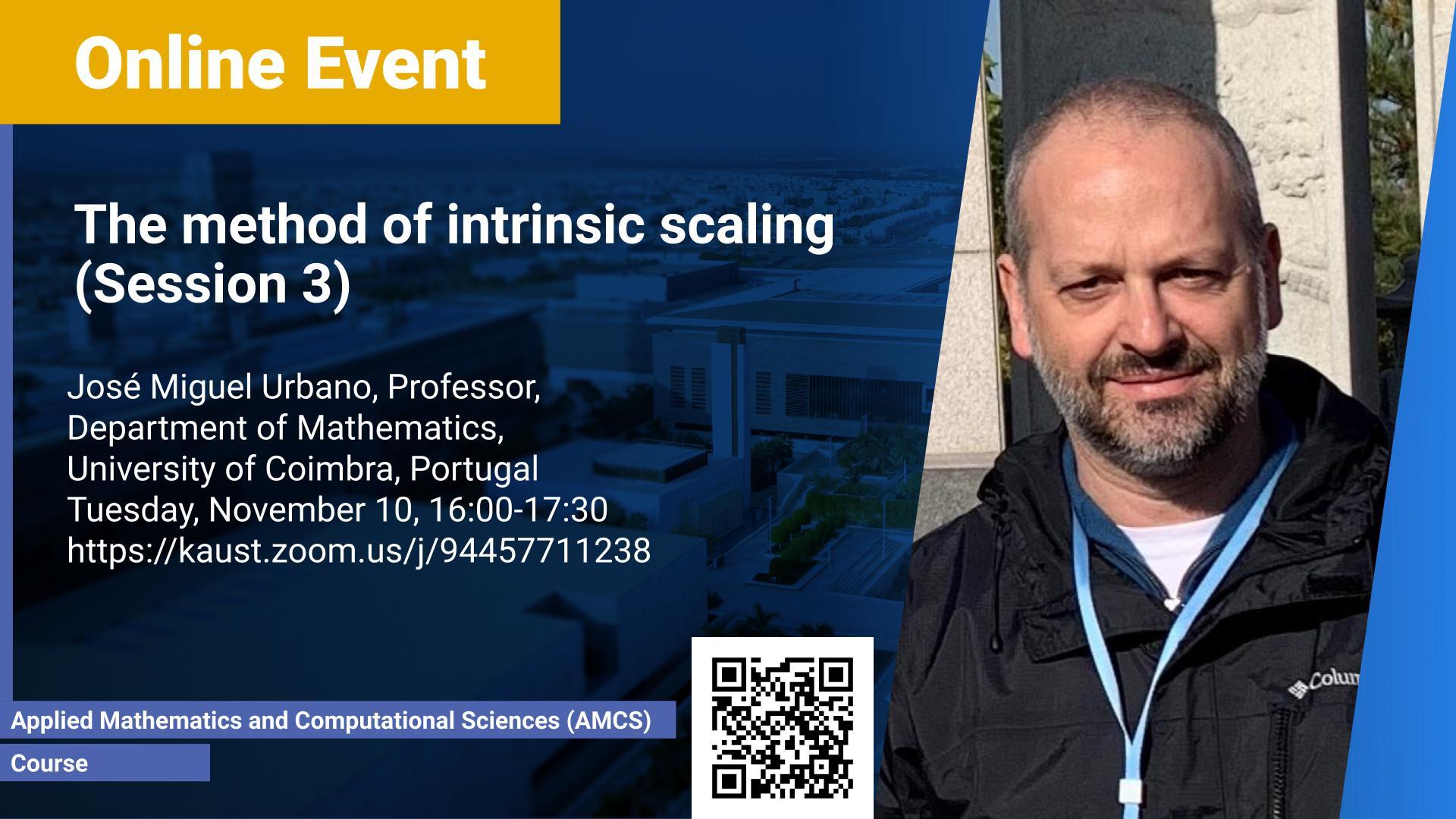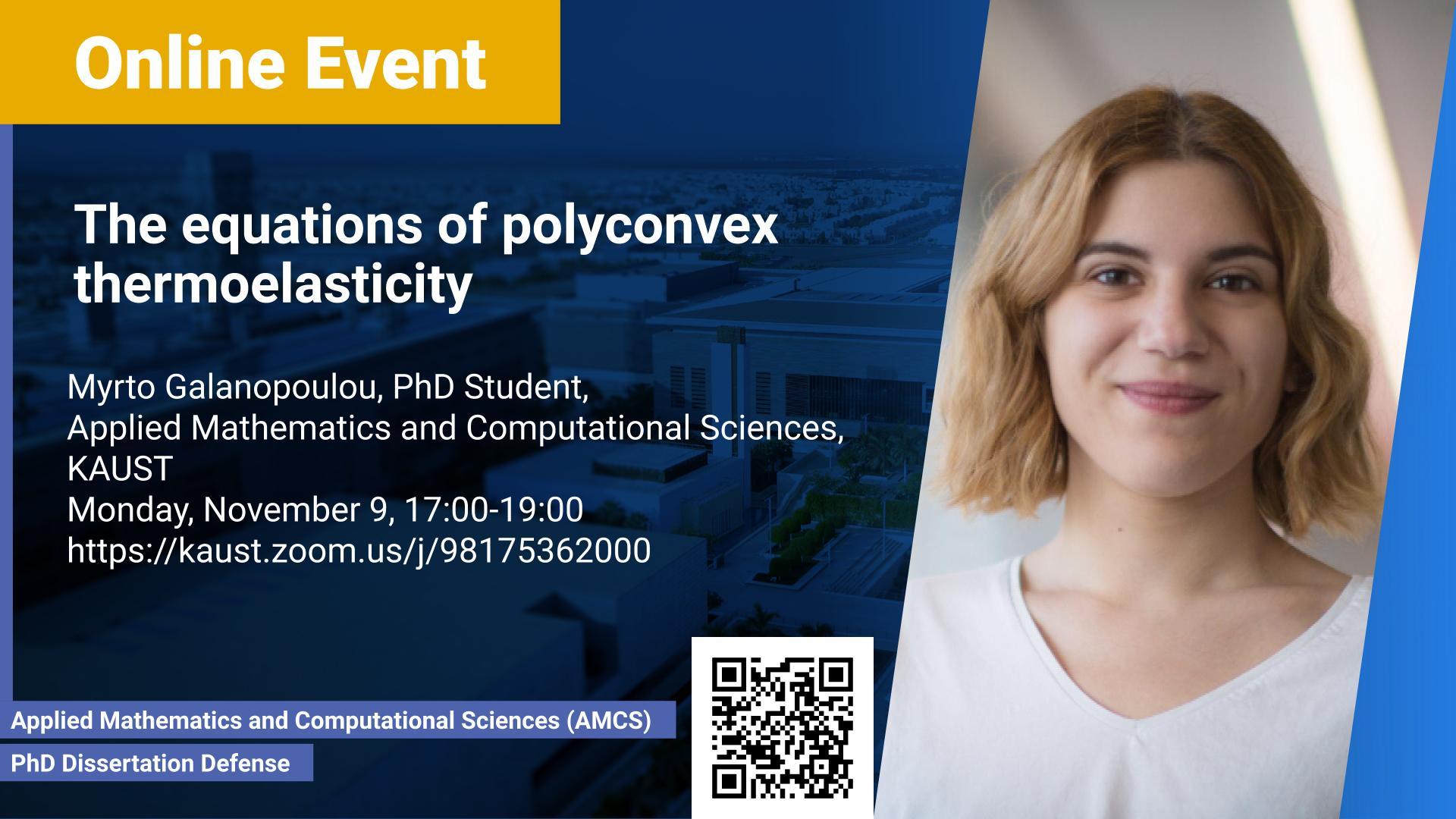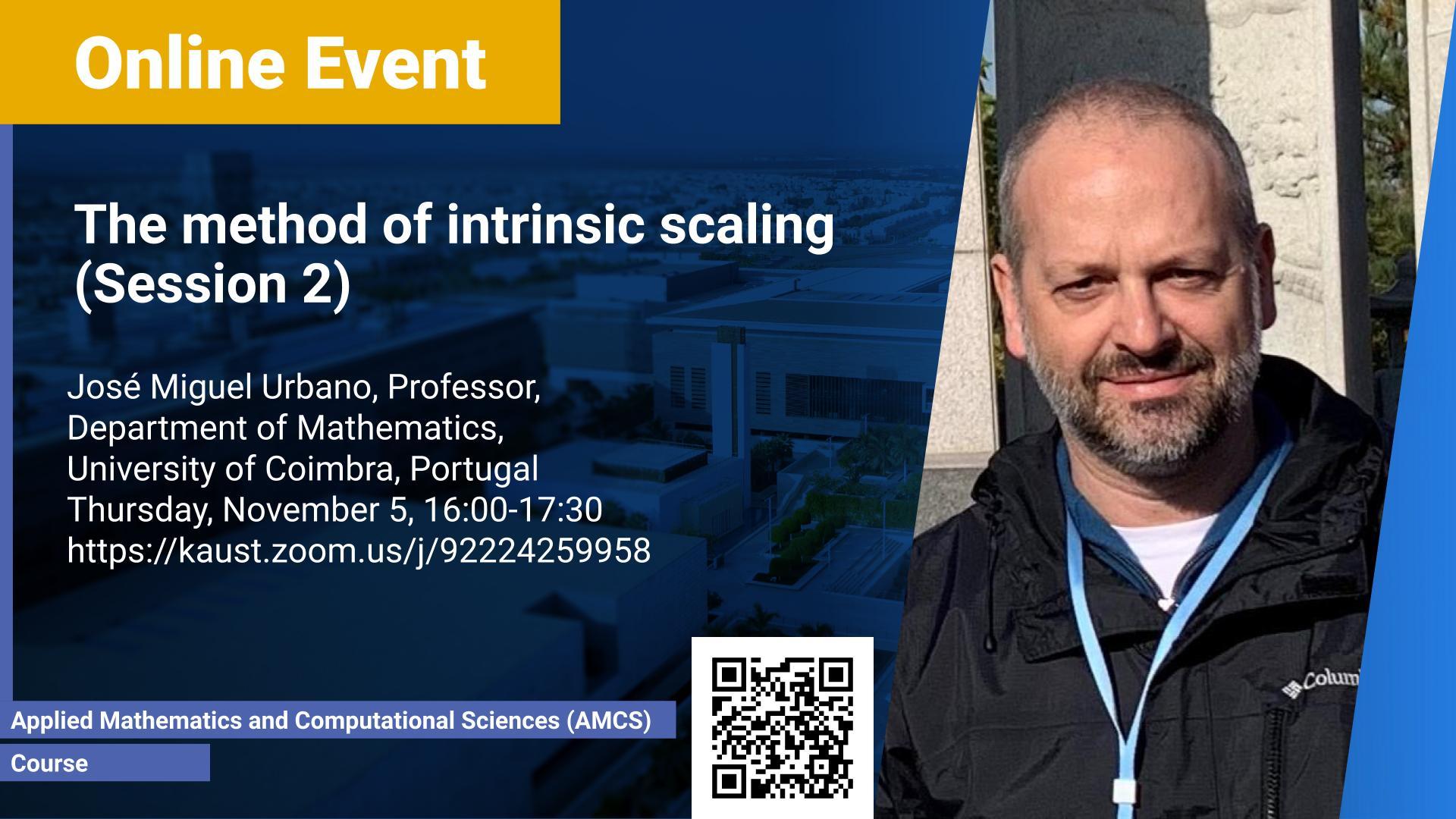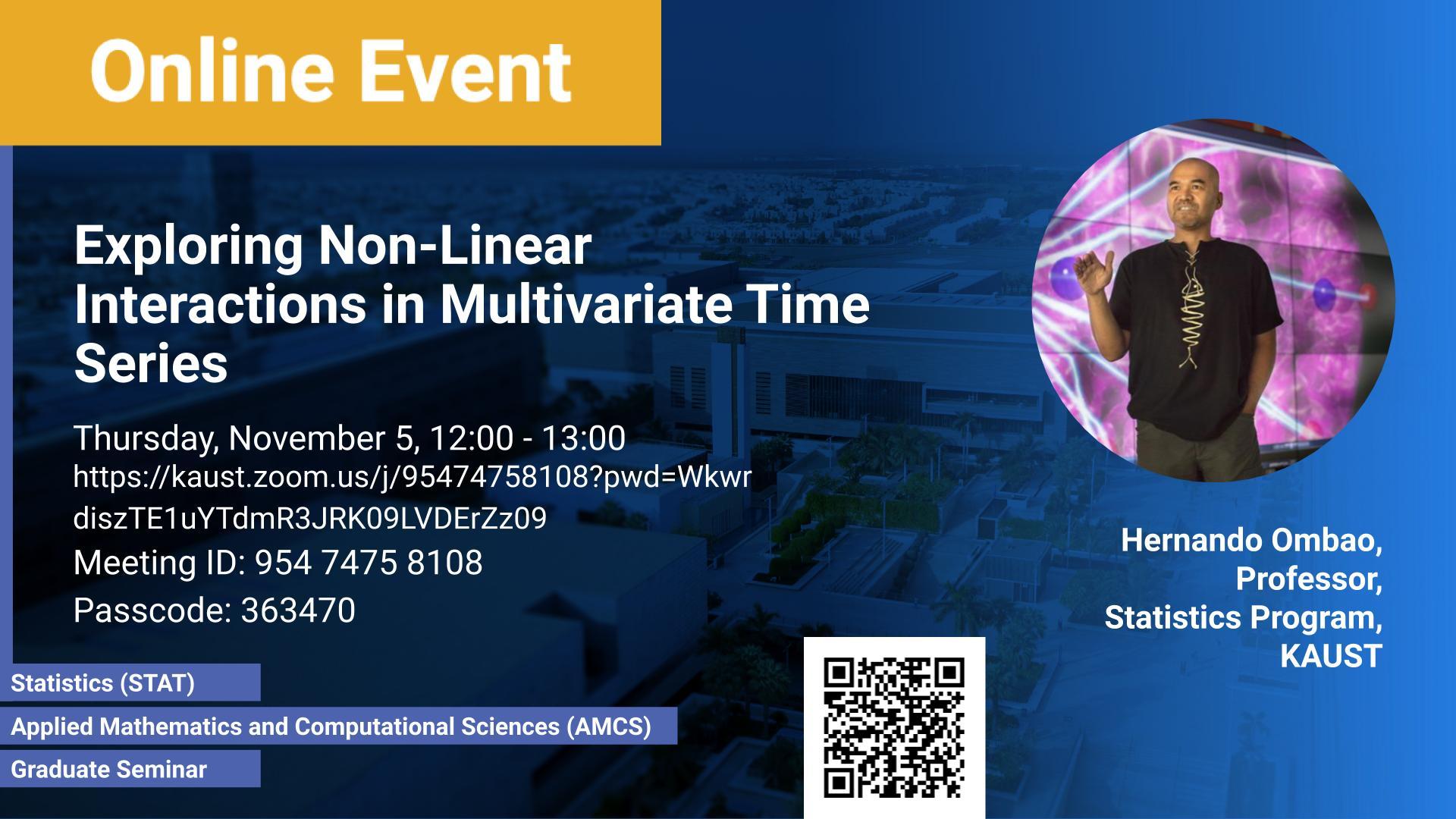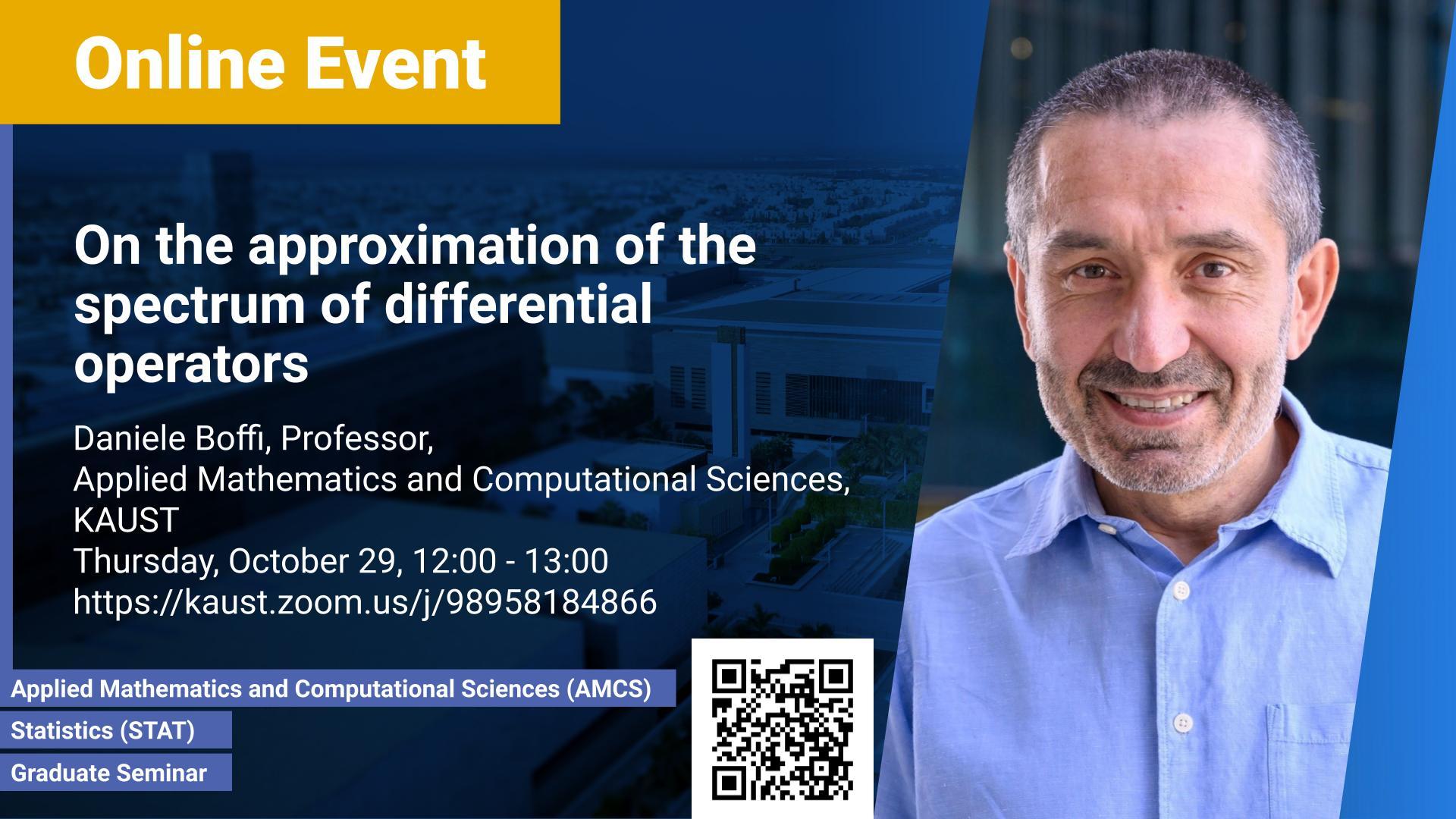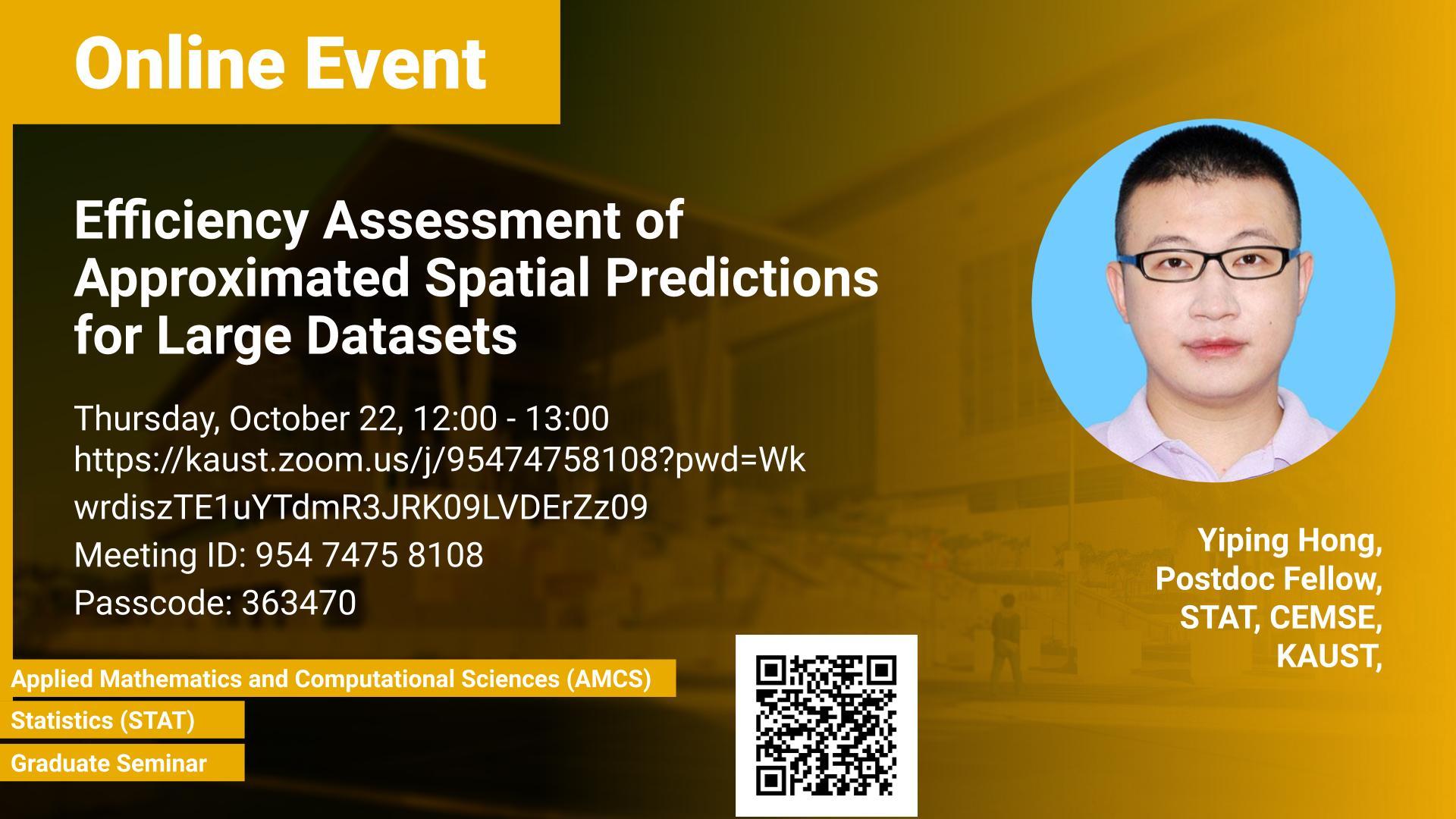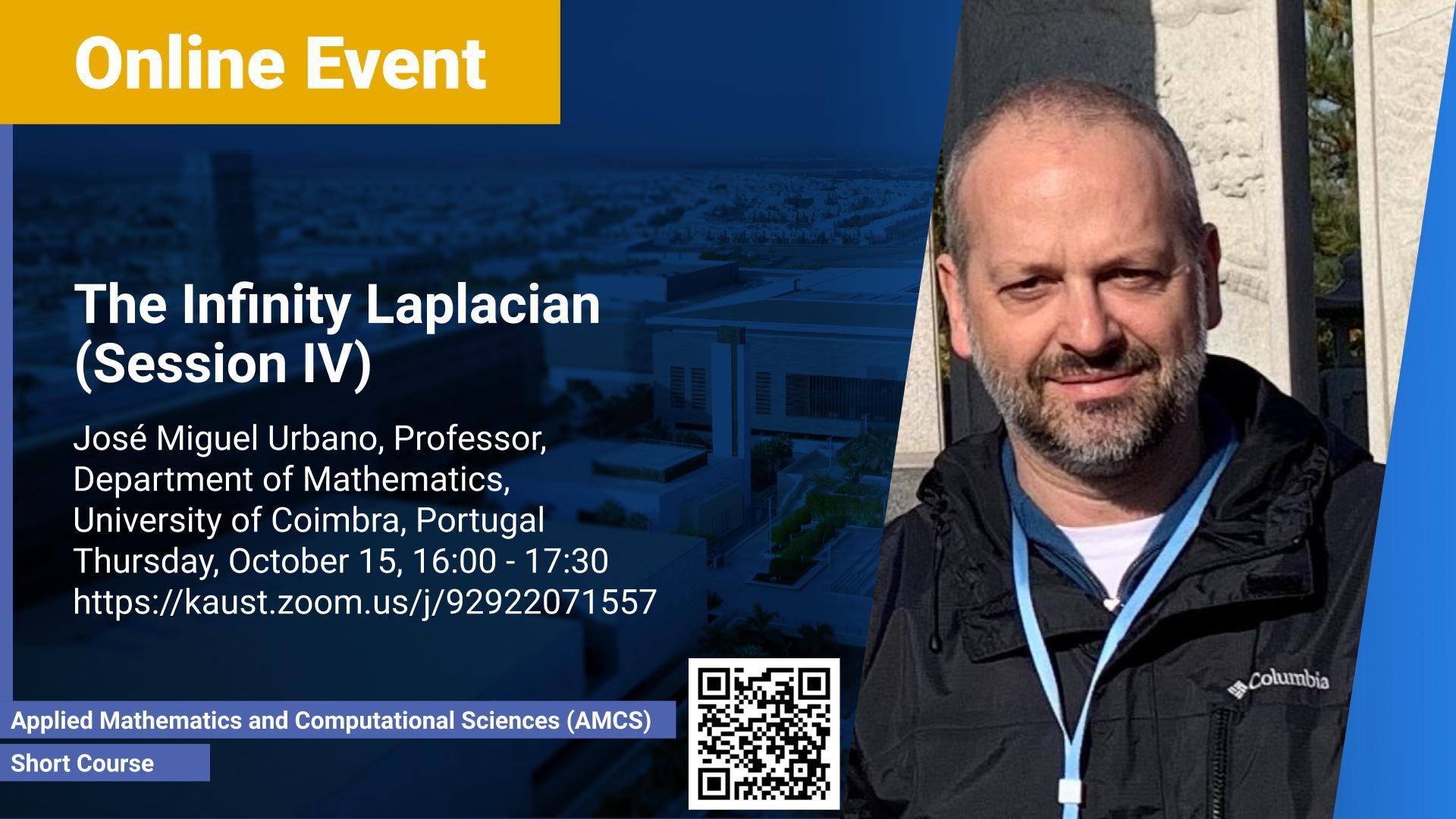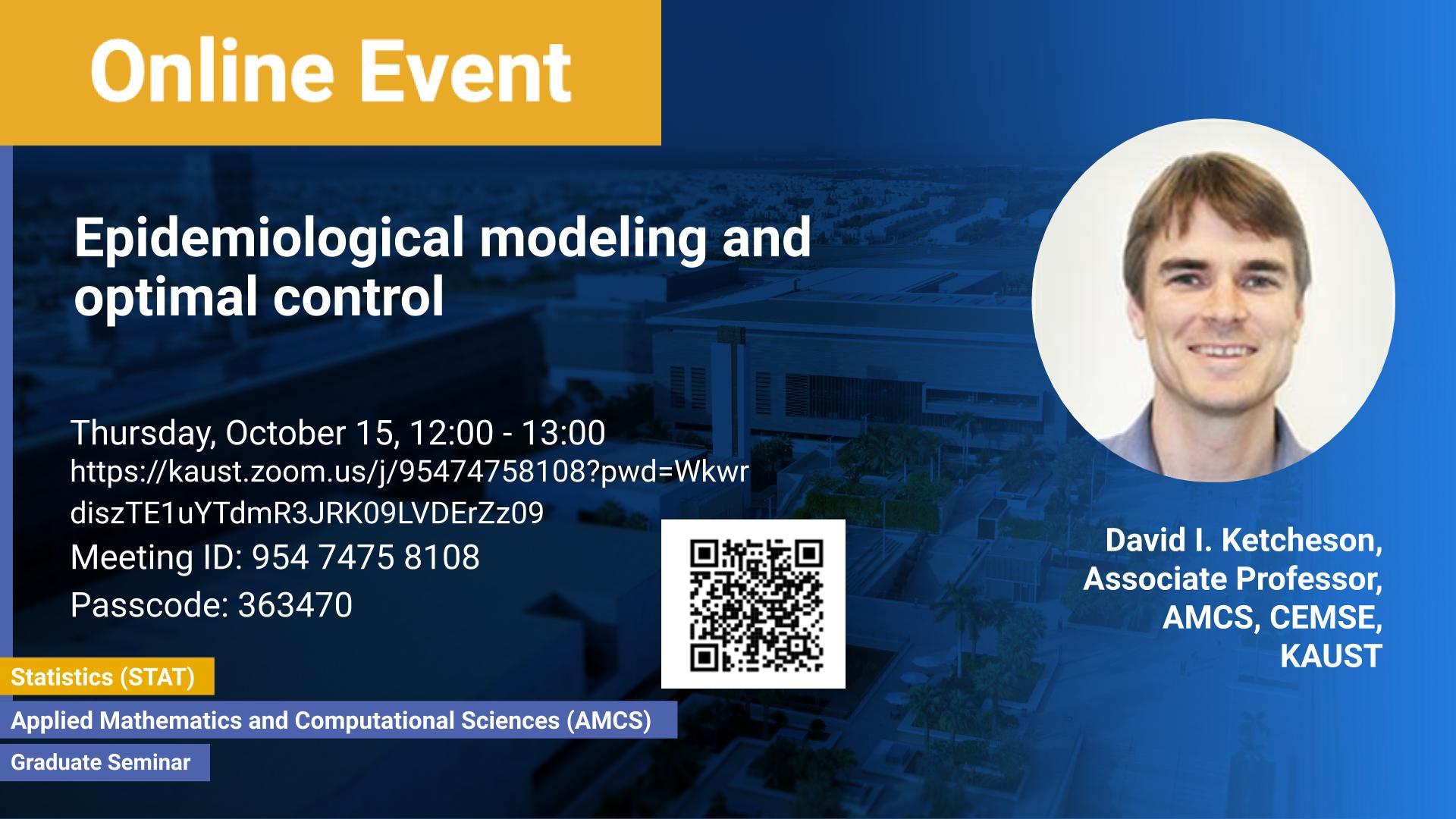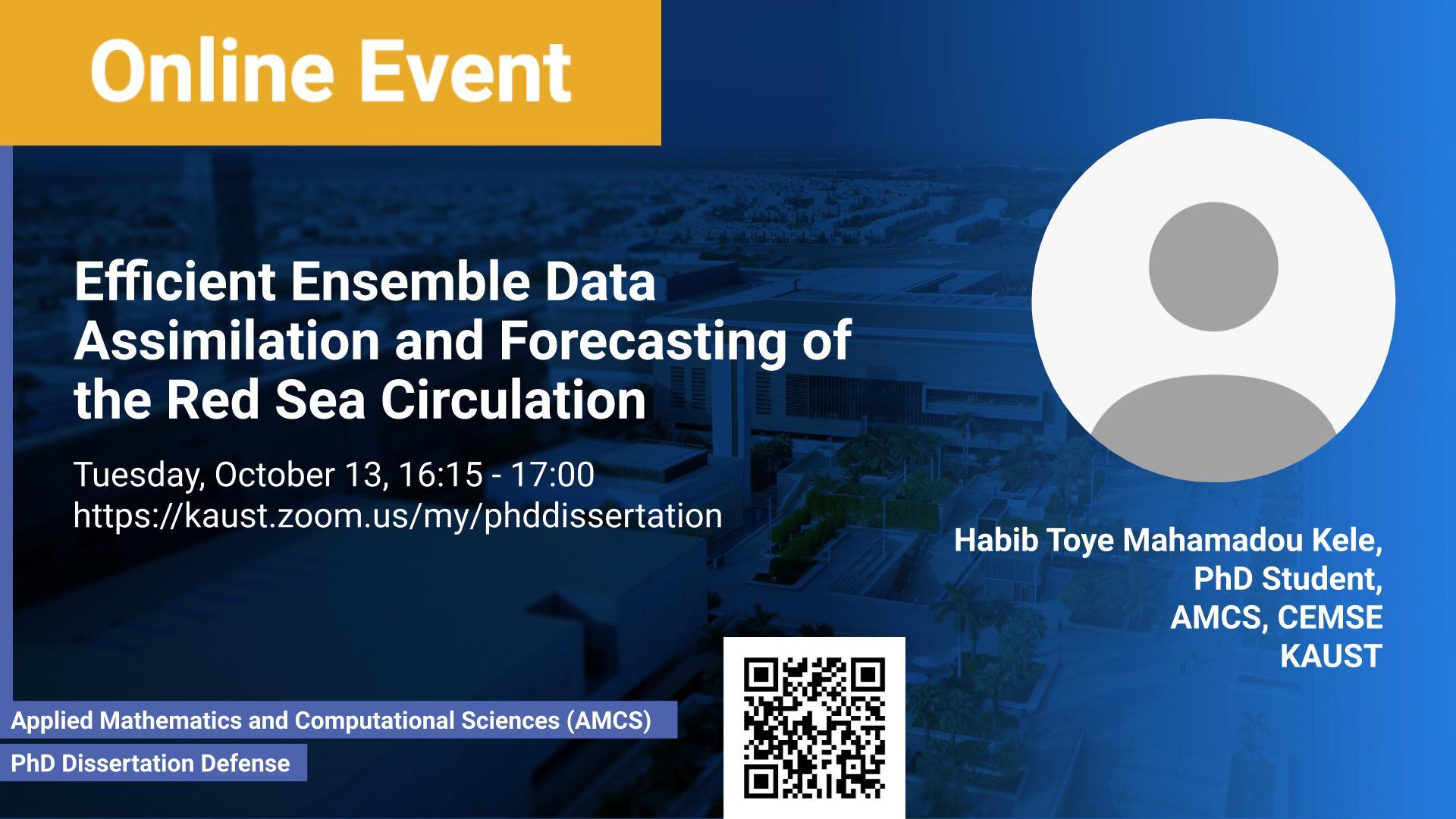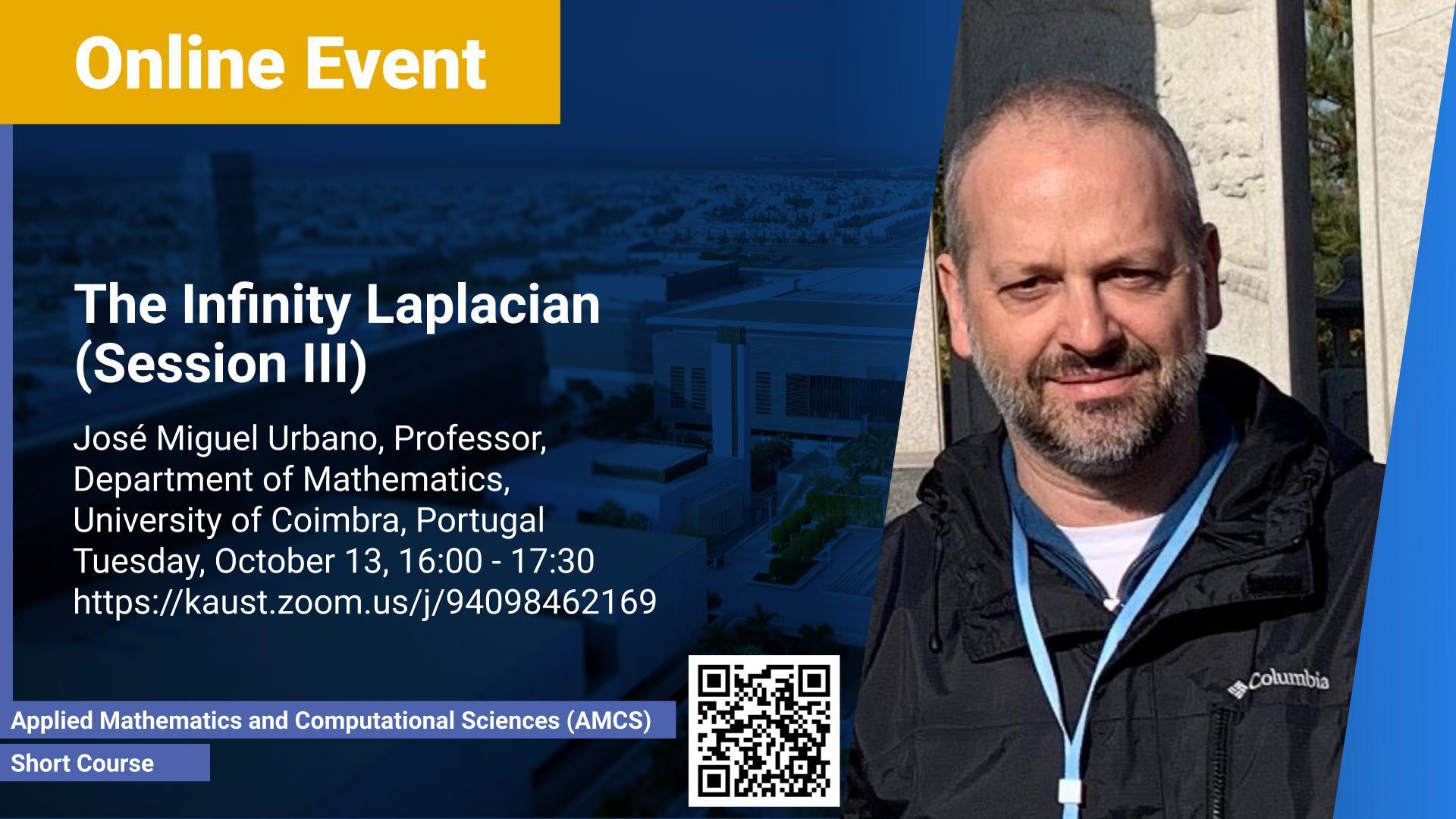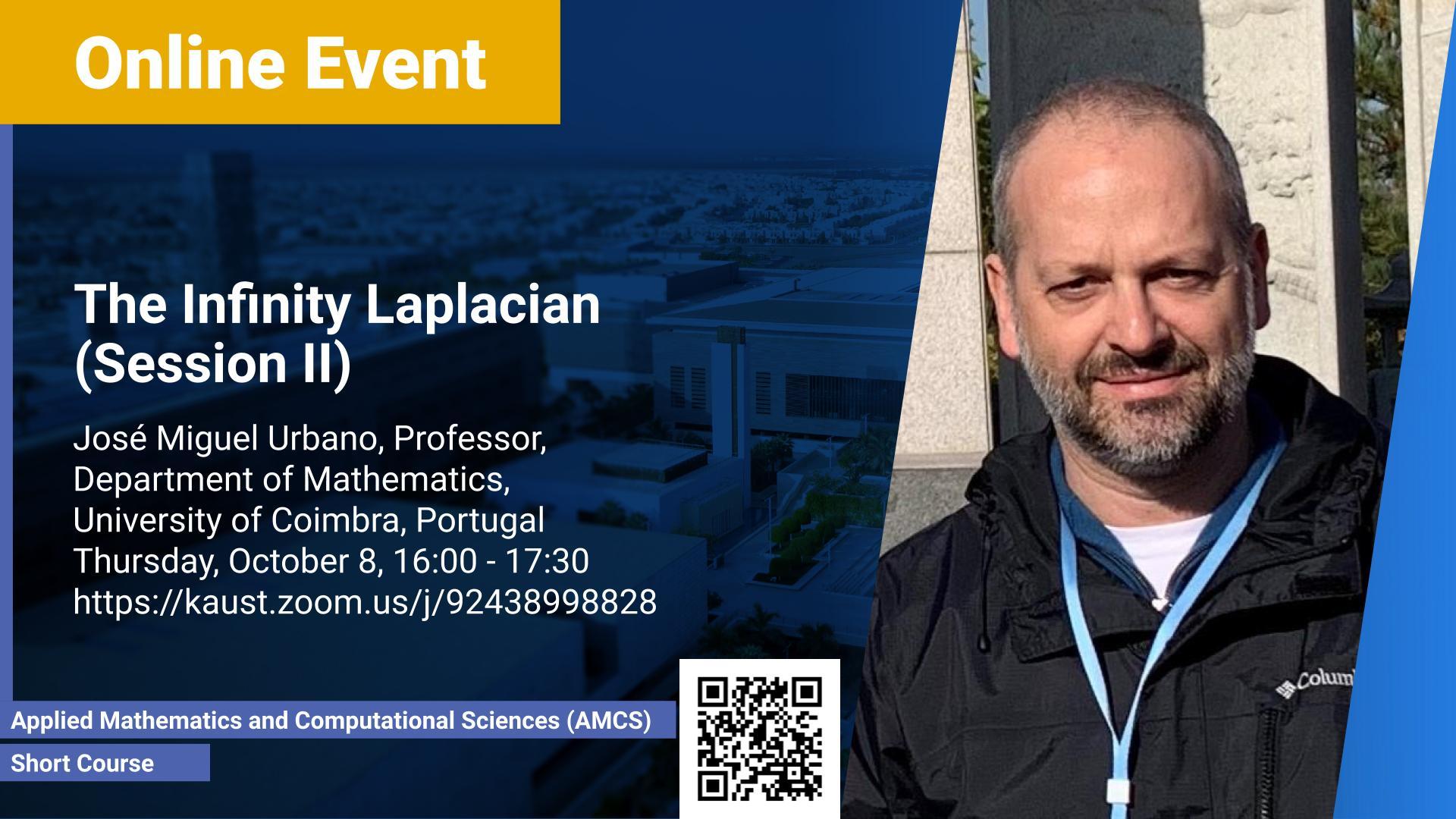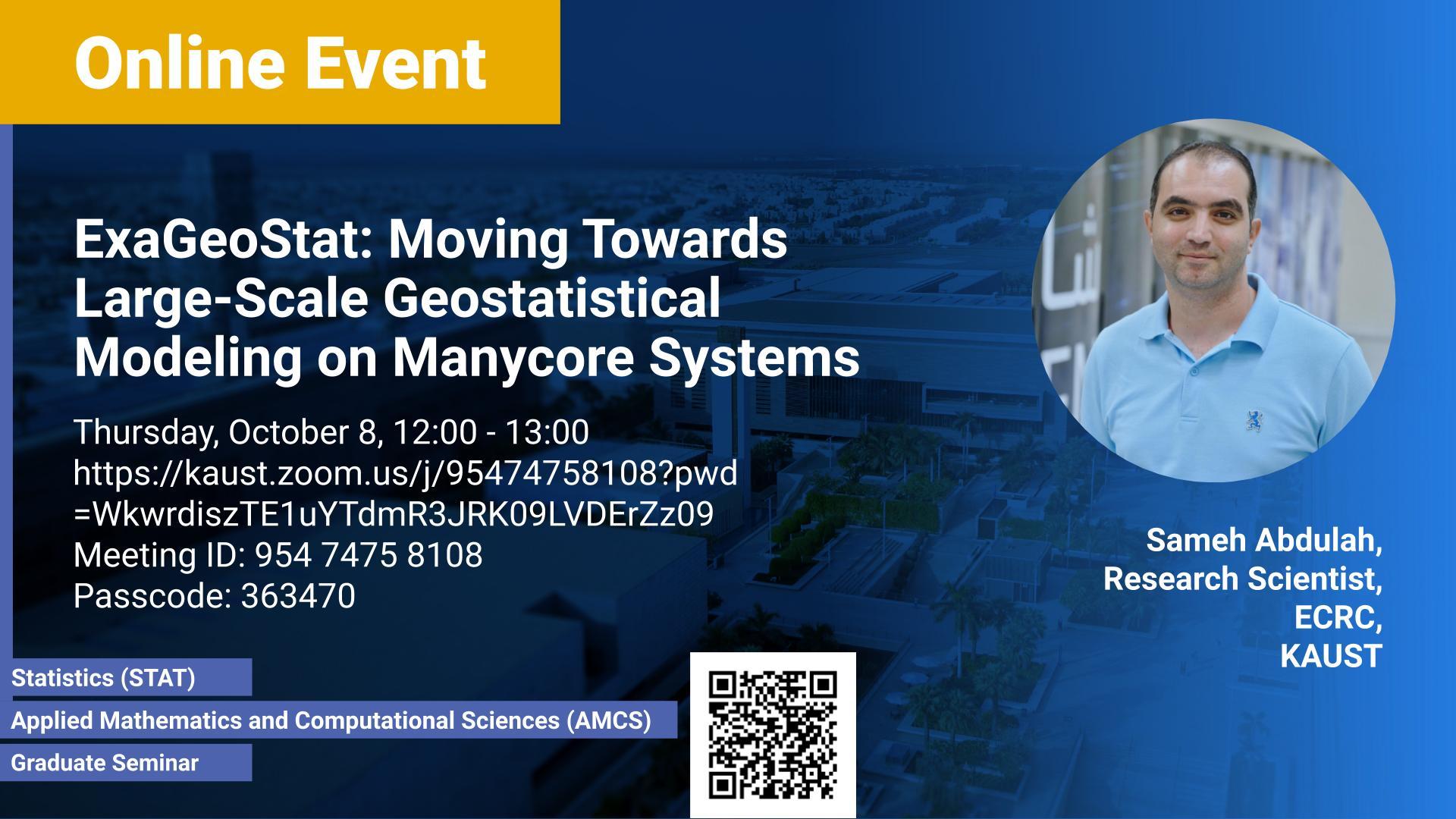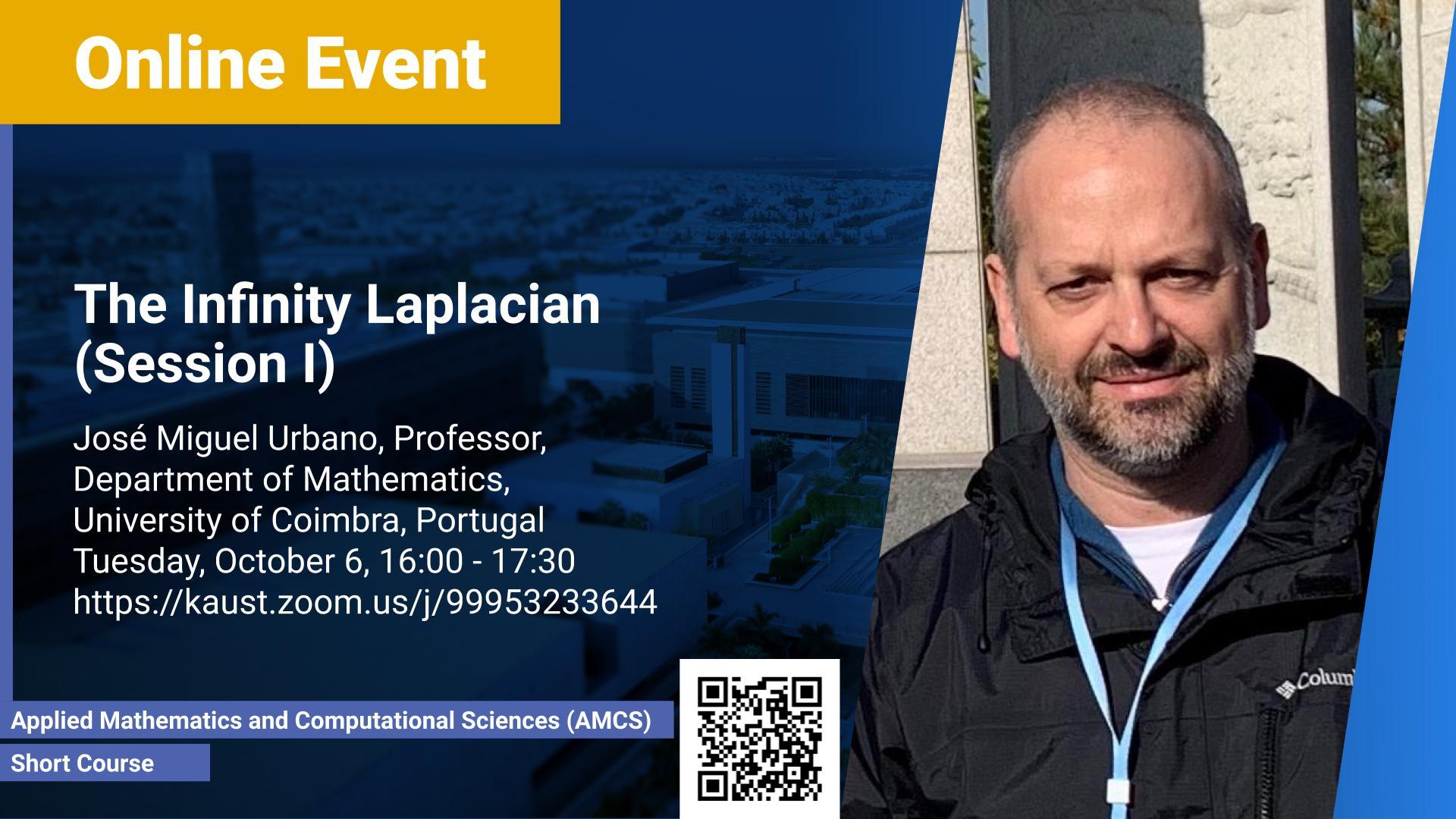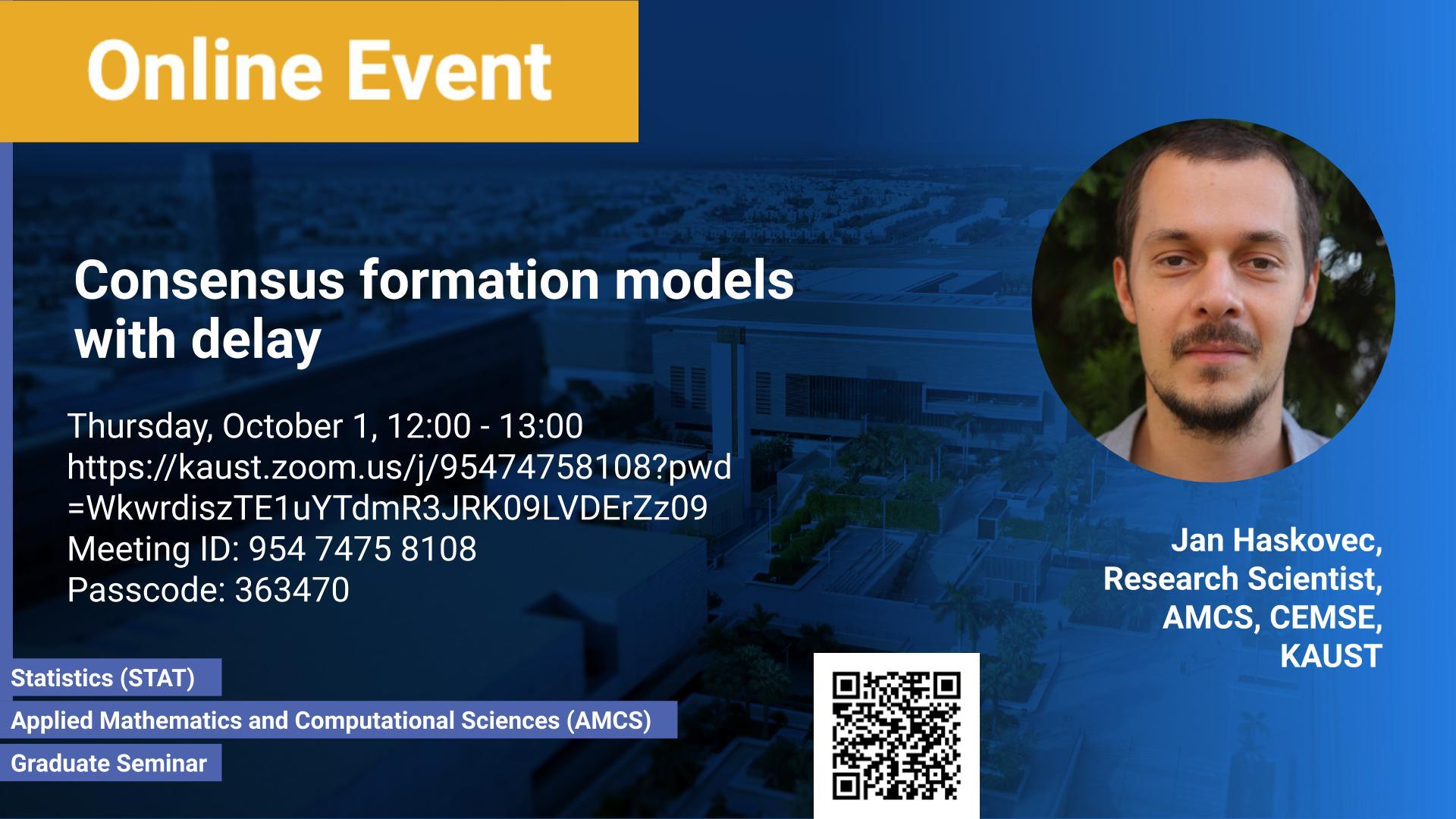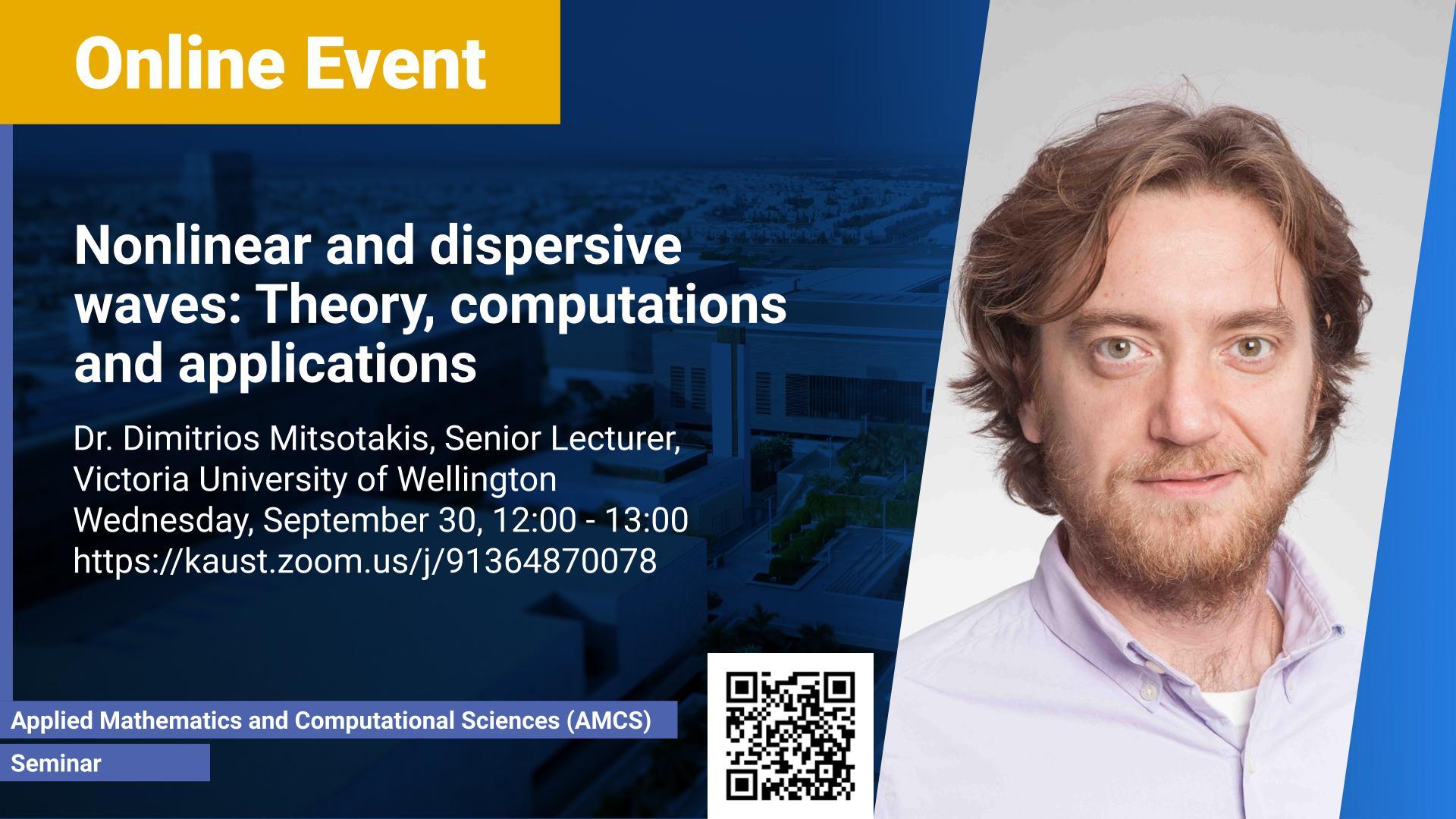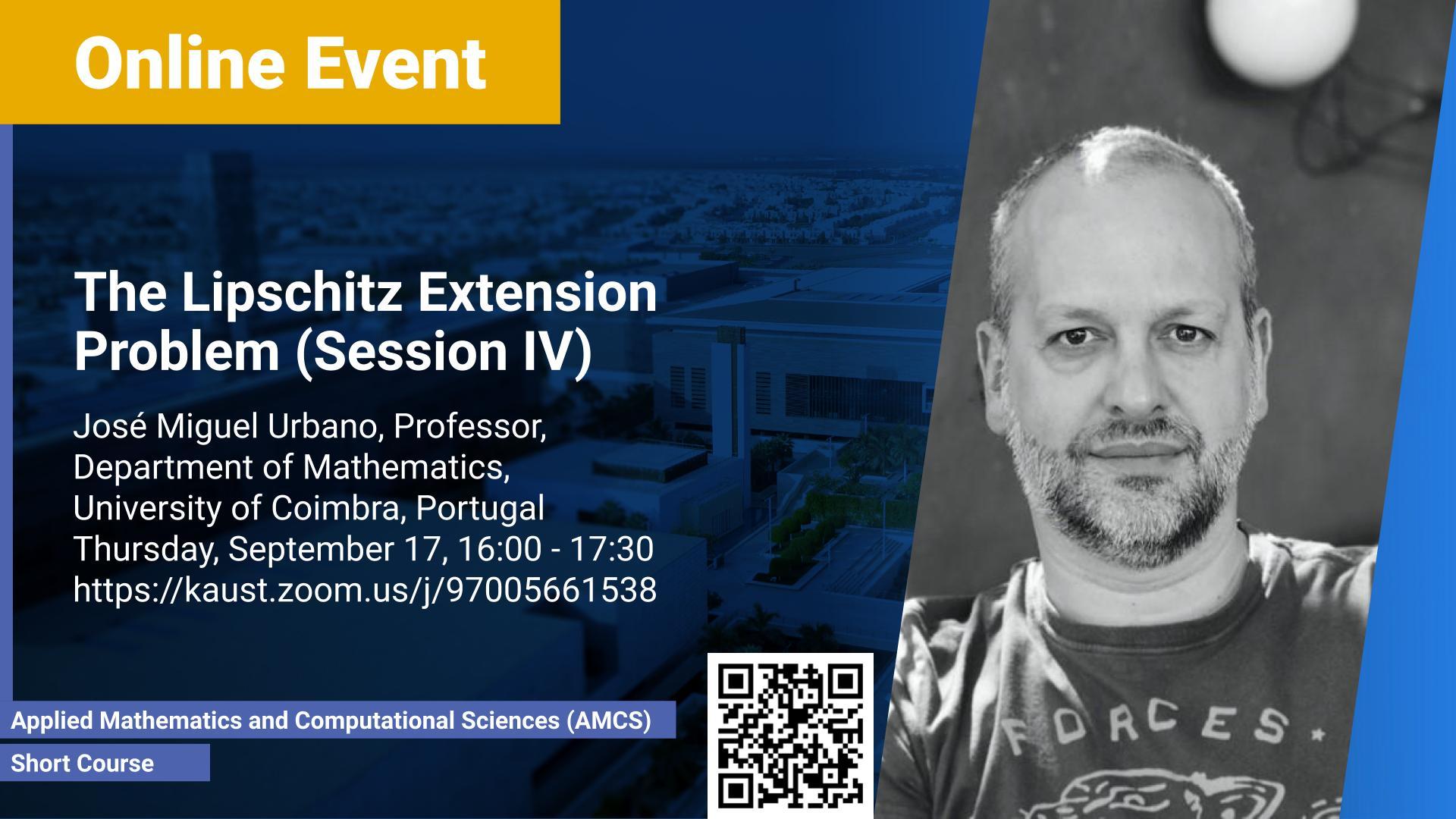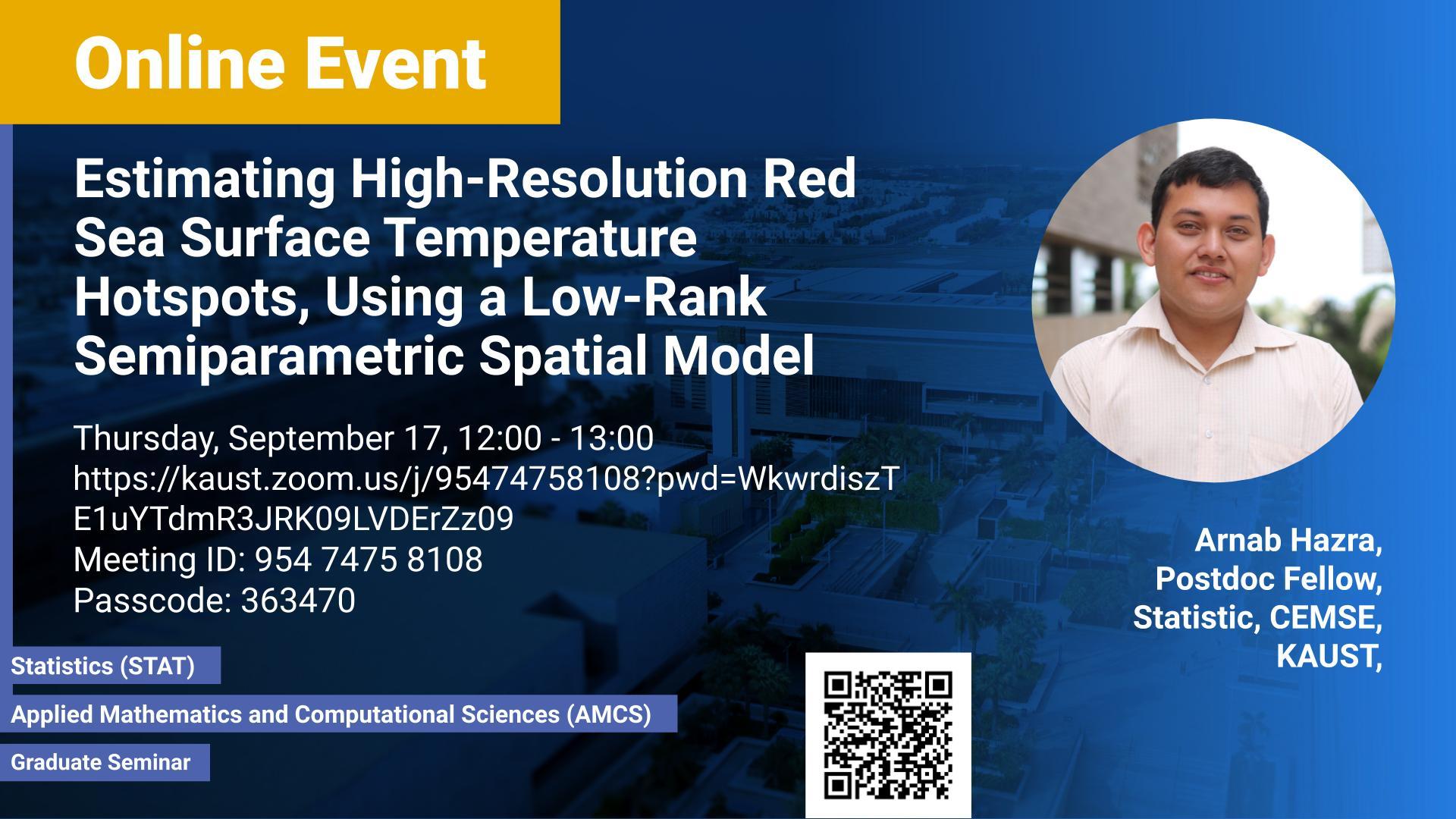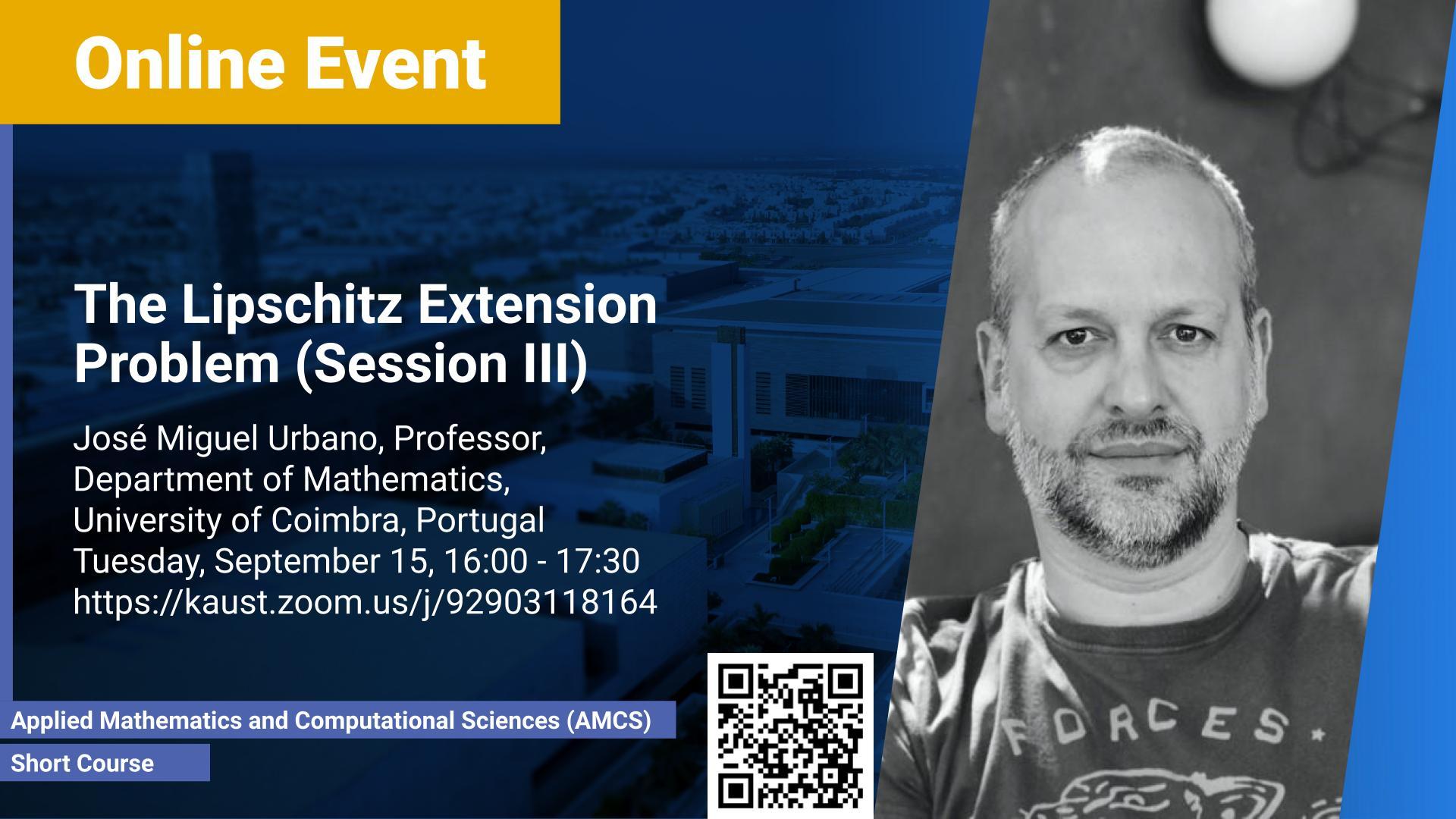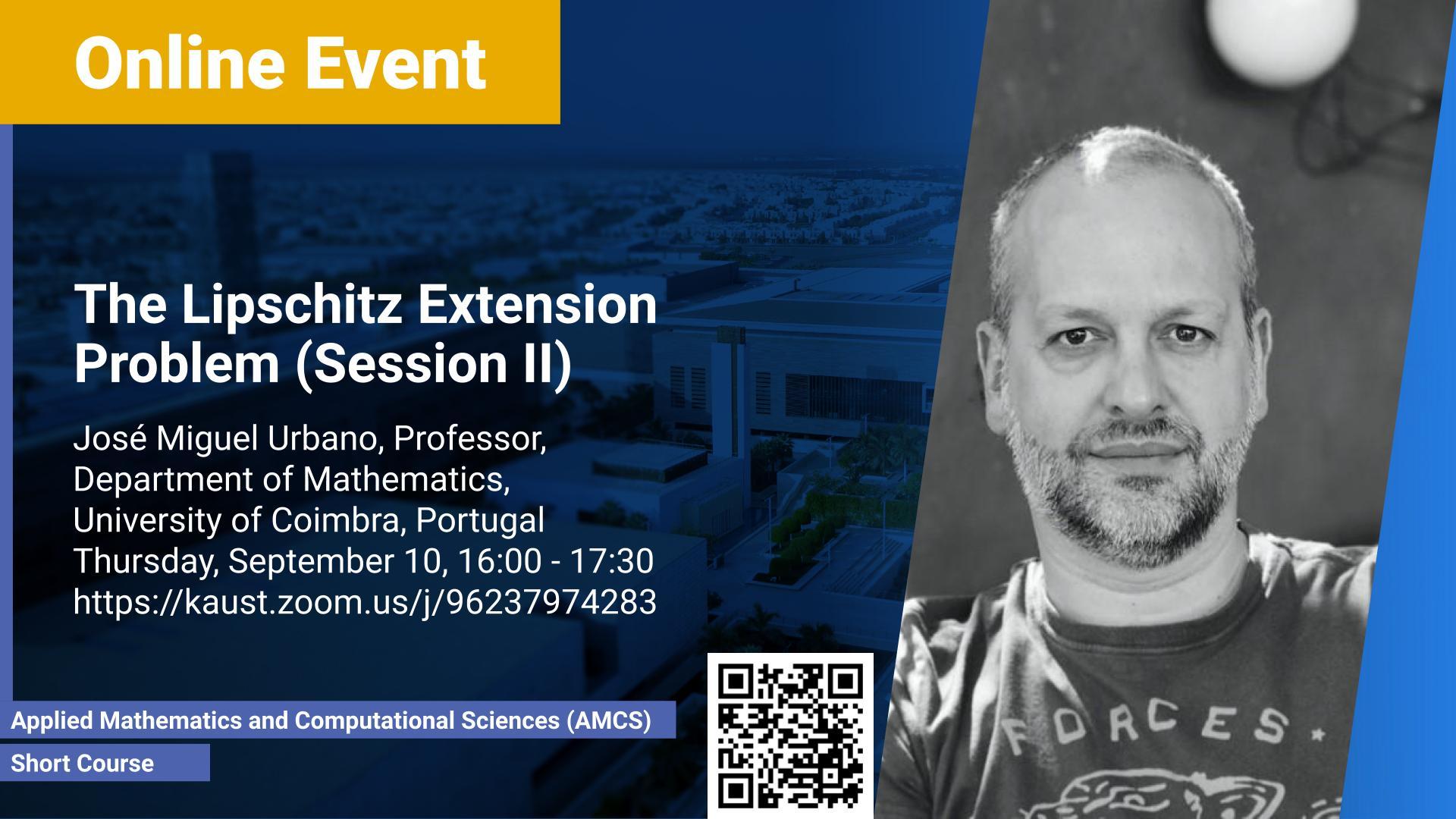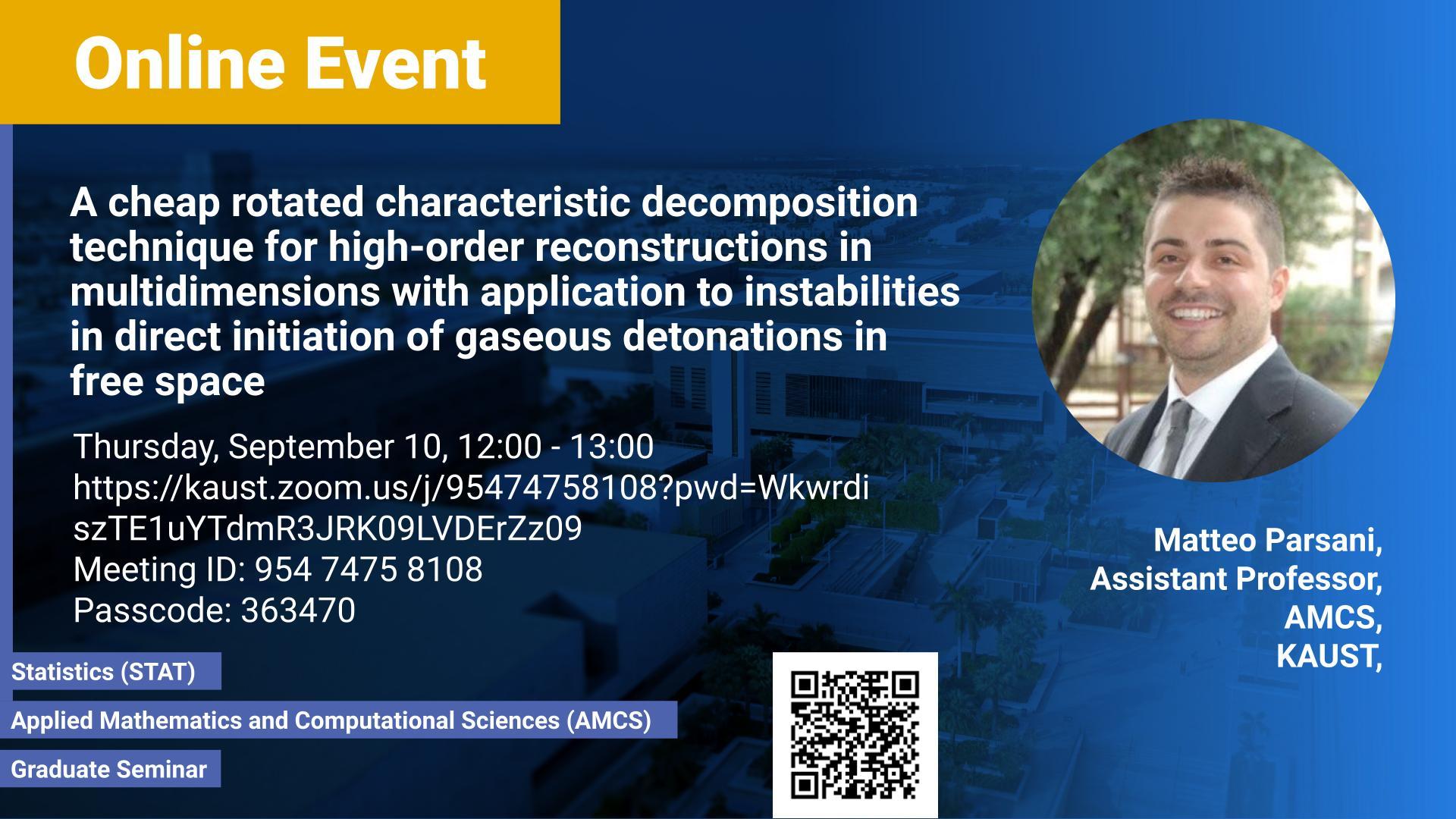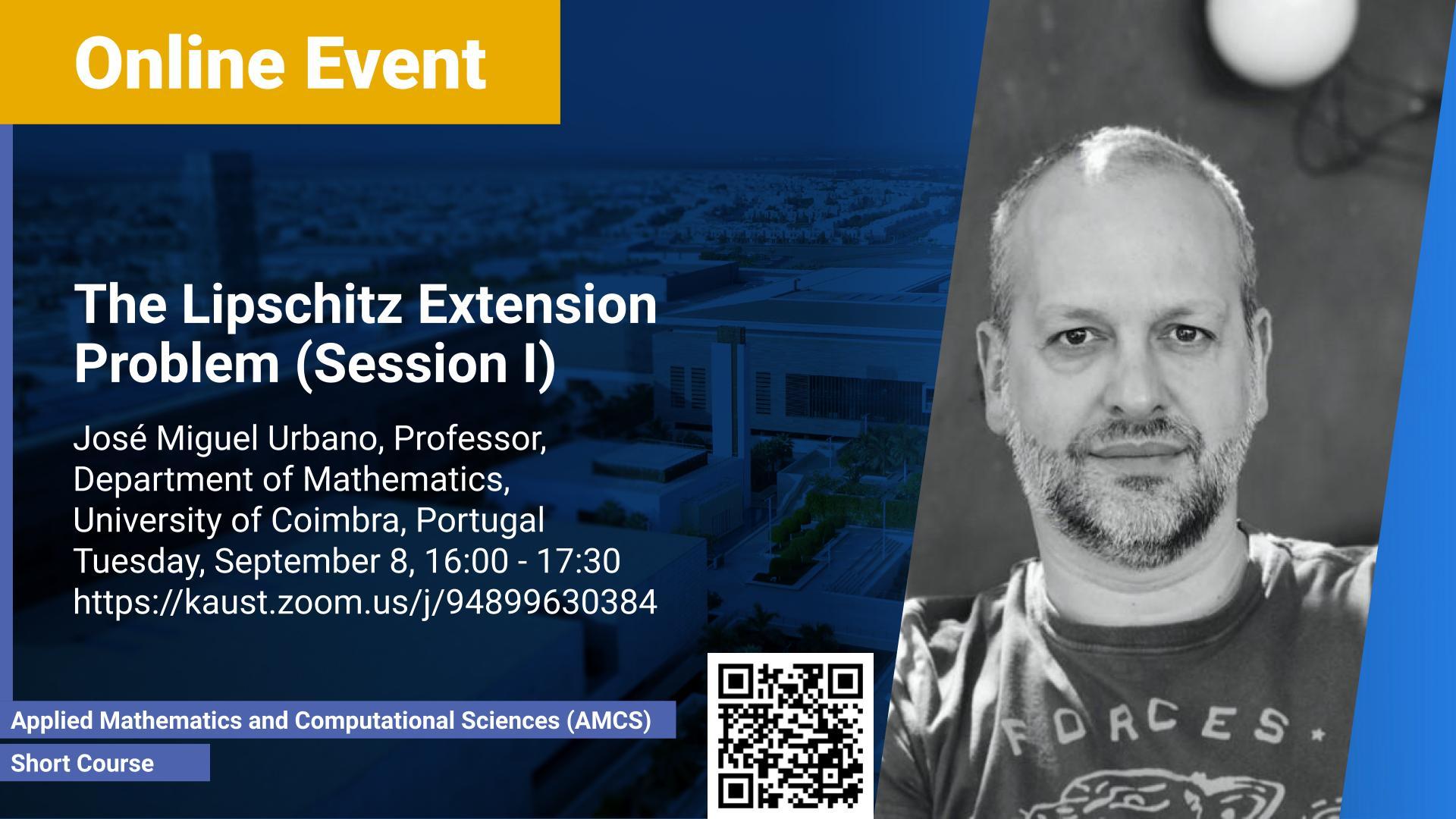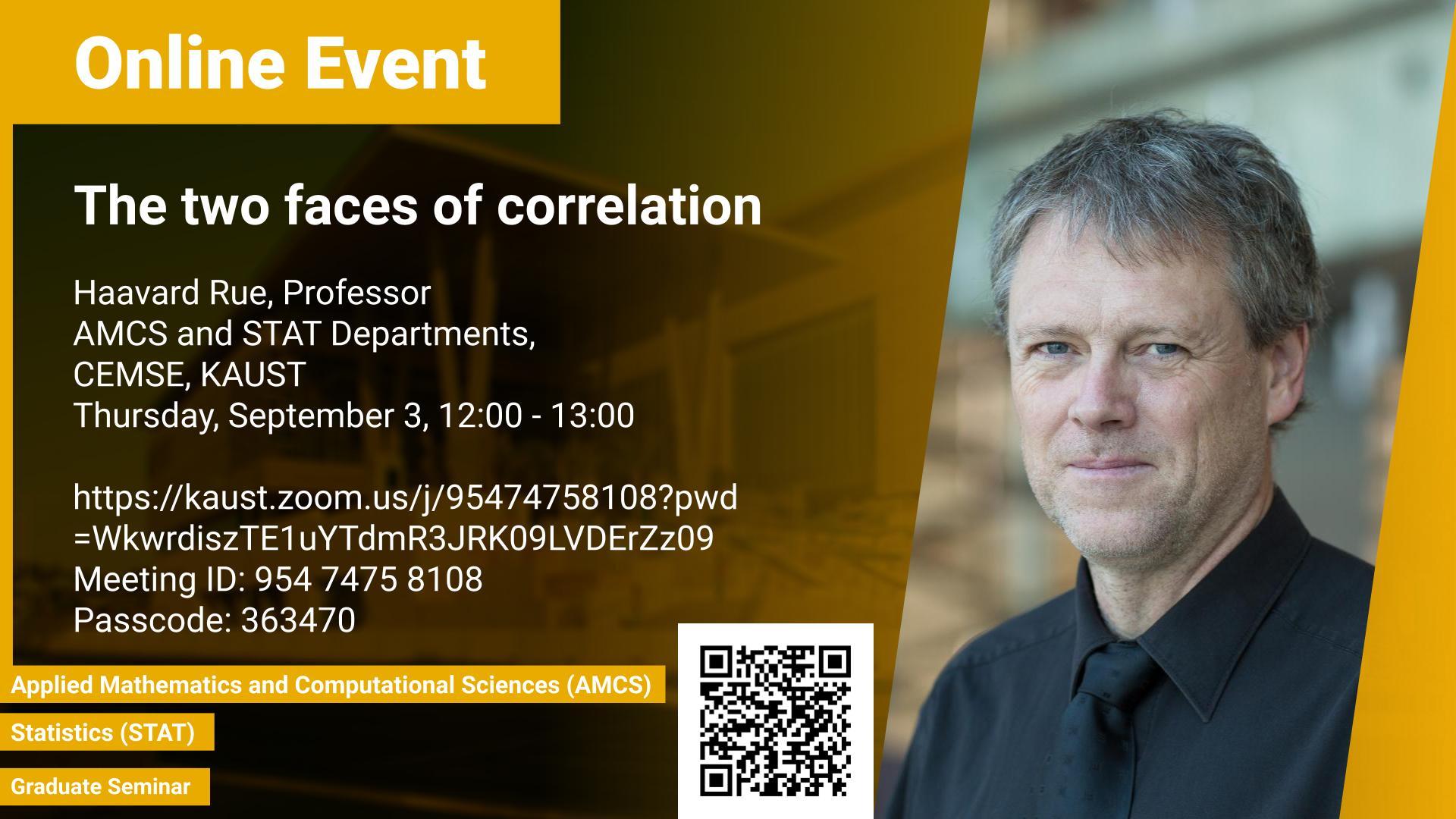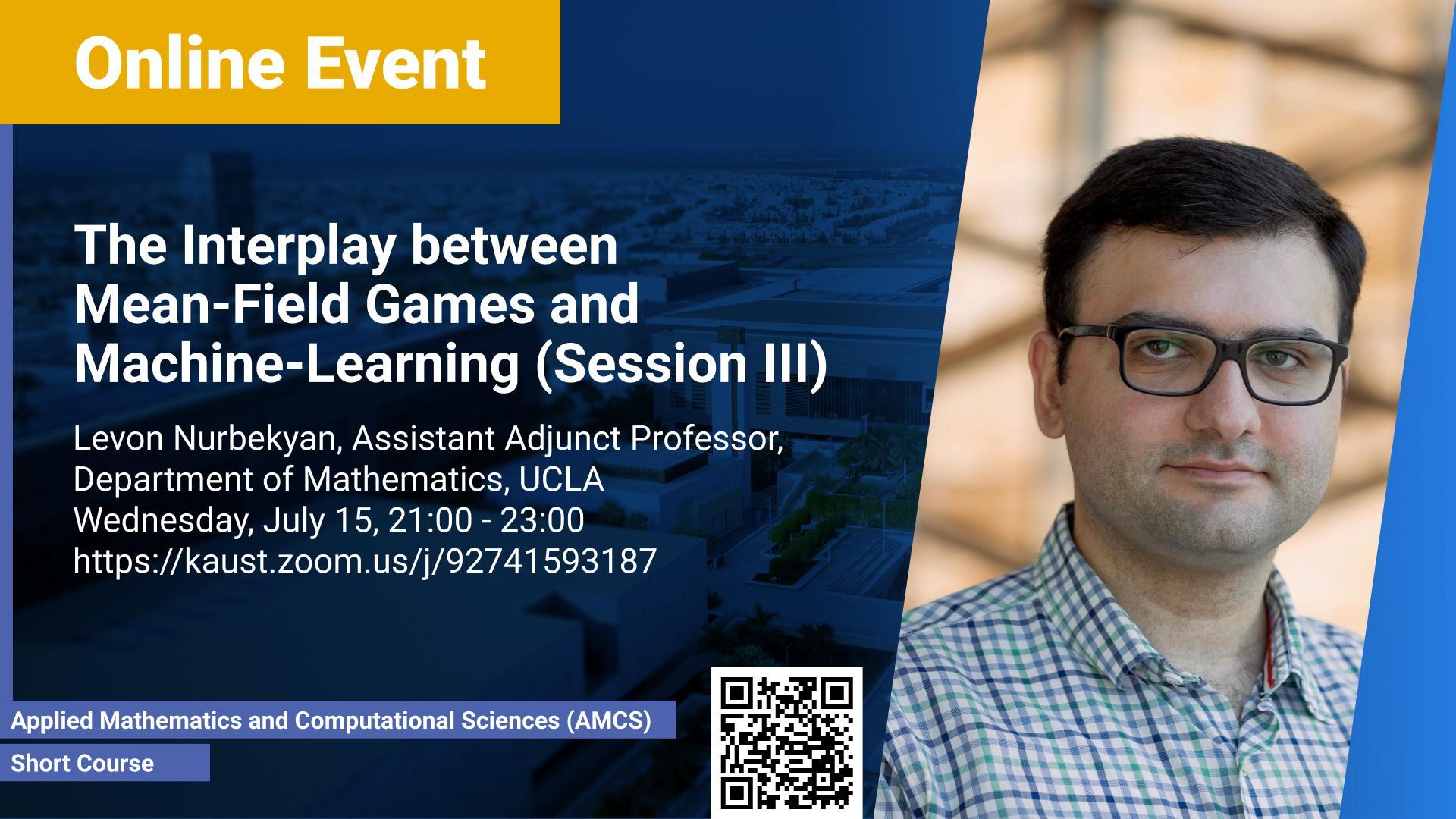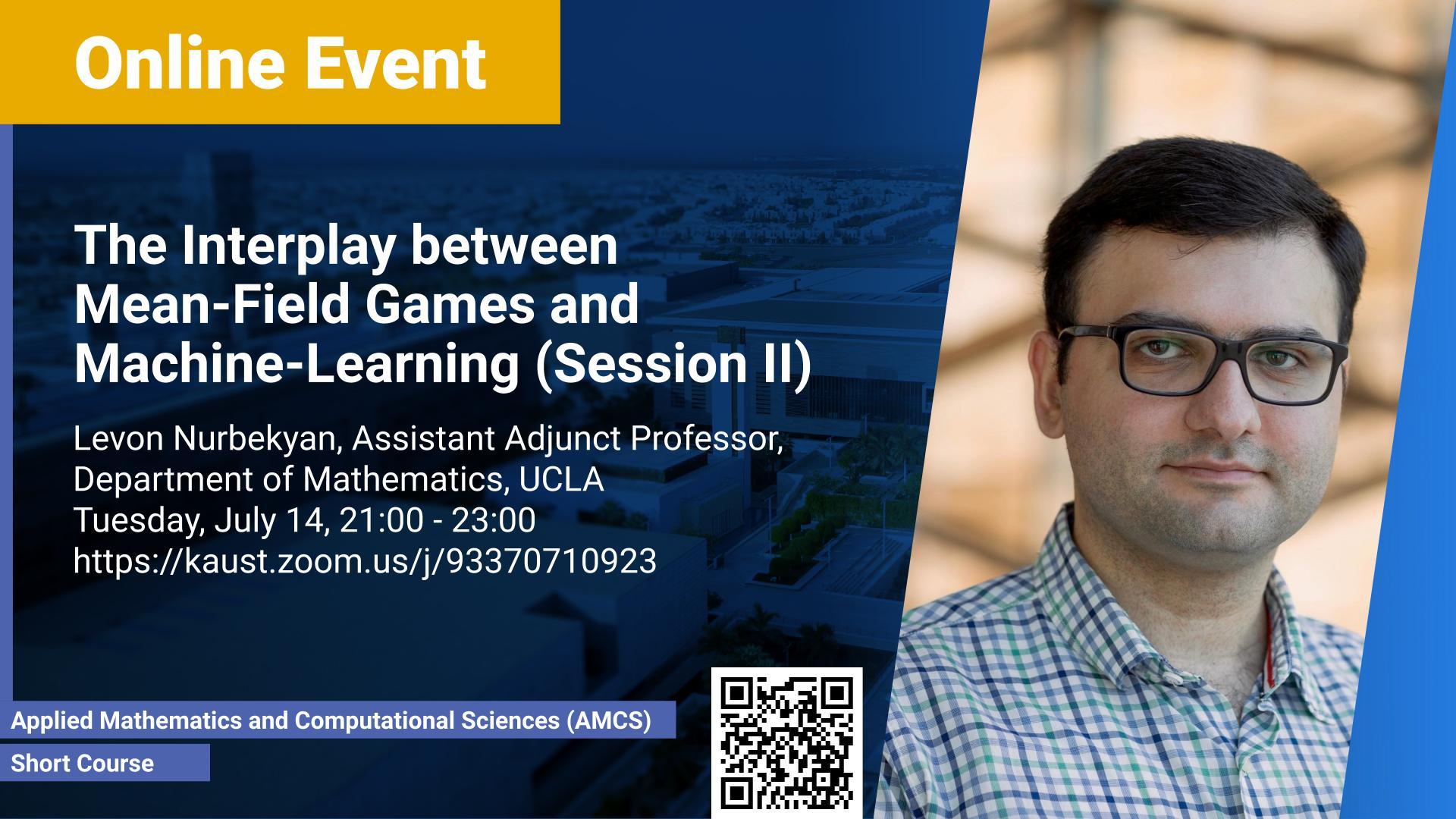Dr. Dimitrios Mitsotakis, Senior Lecturer, Victoria University of Wellington
Wednesday, September 30, 2020, 12:00
- 13:00
KAUST
The study of waves in fluids is one of the most significant branches of fluid mechanics. Part of this study is the theory of nonlinear and dispersive waves which has recently emerged and is still under development. Nonlinear and dispersive waves appear in fluids of any form and have significant role in the fields of oceanic waves (surface and internal), atmospheric modelling, electromagnetism, nonlinear optics, ultra-cold matter and even in blood flow problems. In this presentation we will review relevant applications, such as tsunami waves, the El Nino southern oscillation, blood flow in arteries and solitons propagating in optical fibres. Mathematical modelling techniques for deriving equations that describe such phenomena will be introduced in the context of surface water waves. We will also review the minimum required theoretical background in order to proceed with safe numerical simulations. Finally, we will discuss the numerical modelling of such problems where methods such as standard and mixed Galerkin / Finite element methods are of central focus. We close this presentation by showcasing a topic of much current interest, namely, the development of modern mathematical models for nonlinear and dispersive waves by combining machine learning techniques with classical methodologies.
